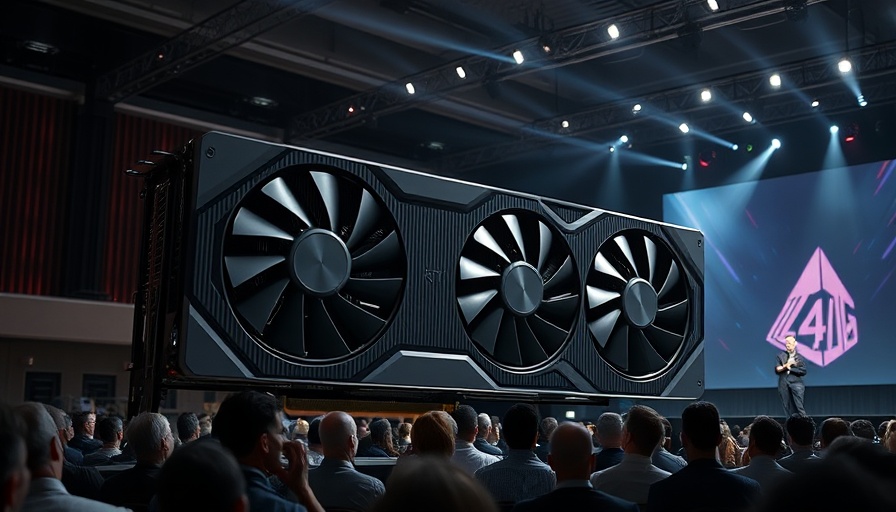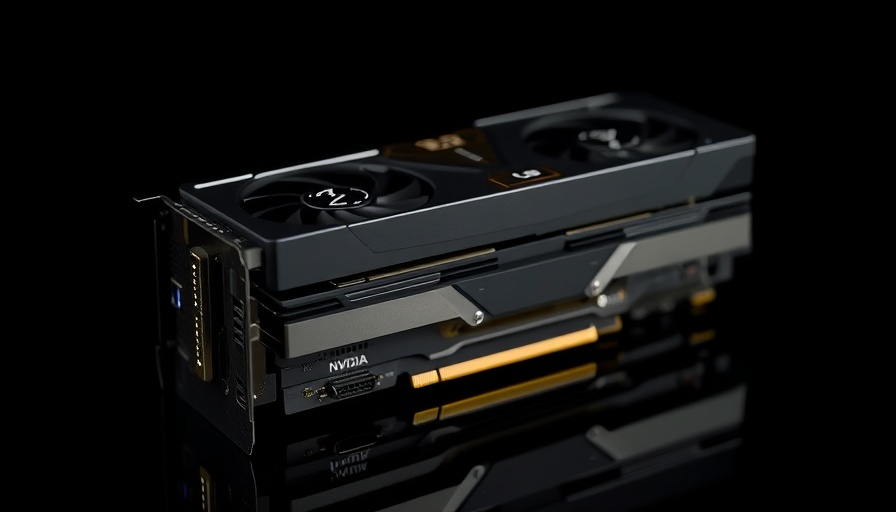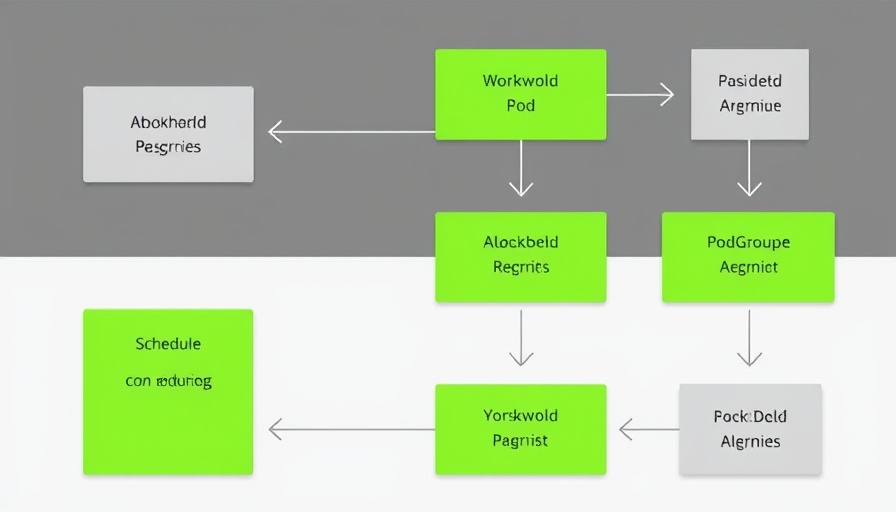
Nvidia Faces $1 Trillion Loss Amid Market Anxiety
Nvidia, a beacon of innovation in the artificial intelligence sector, has recently experienced a staggering $1 trillion drop in its market capitalization from its peak earlier this year. As a result of a broader market sell-off and growing concerns about the overvaluation of AI stocks, Nvidia’s shares have plummeted more than 23% since reaching a record high in January.
The Context of the Decline
In early January, Nvidia's stock price closed at $149.43, propelling its market cap to a remarkable $3.66 trillion. However, figures have since dipped dramatically, with shares hovering around $107 by March. This decline reflects a significant shift in investor sentiment as they begin to question the sustainability of growth amid intensifying economic pressures, including ongoing supply chain disruptions and regulatory uncertainties.
Investor Sentiment: The Shift to Caution
Analysts have noted a palpable shift in the atmosphere surrounding tech stocks, especially those tied to AI. Bernstein's Stacy Rasgon mentioned the adverse impacts of a weakening economy coupled with disappointing revenue projections from key industry players like Marvell Technology. This has prompted a reevaluation of AI stock valuations, leading to broader losses across the semiconductor sector.
Breaking Down the Impacts of AI Valuation Concerns
The market's apprehension is not unfounded. A recent AI model developed by the Chinese firm DeepSeek raised eyebrows regarding the spiraling expenditures Big Tech has funneled into AI infrastructure. Nvidia witnessed its most significant single-day loss when the stock dipped 17% in response to news from DeepSeek, wiping out nearly $589 billion in market value in one day—marking a historical moment in stock market volatility.
Global Market Influences and Nvidia’s Future
As global economic conditions remain unstable, the interplay of tariffs, regulatory environments, and supply chain constraints only intensifies market confusion. Tech giants, including Nvidia, are at the epicenter of this storm, where growth fears and investment hesitancy continue to loom large. Analysts worry that the current economic climate could hinder future growth rates, leading to prolonged periods of volatility for high-flying stocks.
Consider This Perspective: Why Should AI Enthusiasts Care?
For AI enthusiasts, Nvidia’s rollercoaster experience offers valuable insights into the realities of technological investments. The rapid rise and fall of Nvidia's stock serves as a clarion call about the inherent risks associated with investing in cutting-edge technologies. The fluctuations in Nvidia’s valuation remind investors of the importance of cautious optimism, advocating for a balanced approach as the tech landscape evolves.
Looking Ahead: Predictions and Opportunities
As we move further into 2025, the fate of Nvidia isn't solely dependent on its current stock performance. Innovations in AI, particularly within gaming and computing, may provide new revenue streams that could rebound Nvidia's fortunes. With continued advancements, the potential for market recovery has never been more palpable, giving investors and tech enthusiasts alike cause for contemplation on the next big leap in the AI domain.
Final Thoughts: Staying Informed in a Fluctuating Market
In conclusion, the massive shift in Nvidia's market cap is indicative of broader trends that affect investors within the AI sector. It reinforces the necessity for ongoing analysis and vigilance in understanding market movements. As an AI enthusiast, keeping abreast of such changes and the forces behind them can not only enhance your investment strategy but also deepen your understanding of the rapidly morphing technological landscape.
For those looking to stay ahead, now is the time to reflect on the complex variables governing stocks like Nvidia. Engage with current events and foster a proactive approach towards investment–knowledge is power in a market characterized by rapid change.
 Add Row
Add Row  Add
Add 




 Add Row
Add Row  Add
Add 

Write A Comment